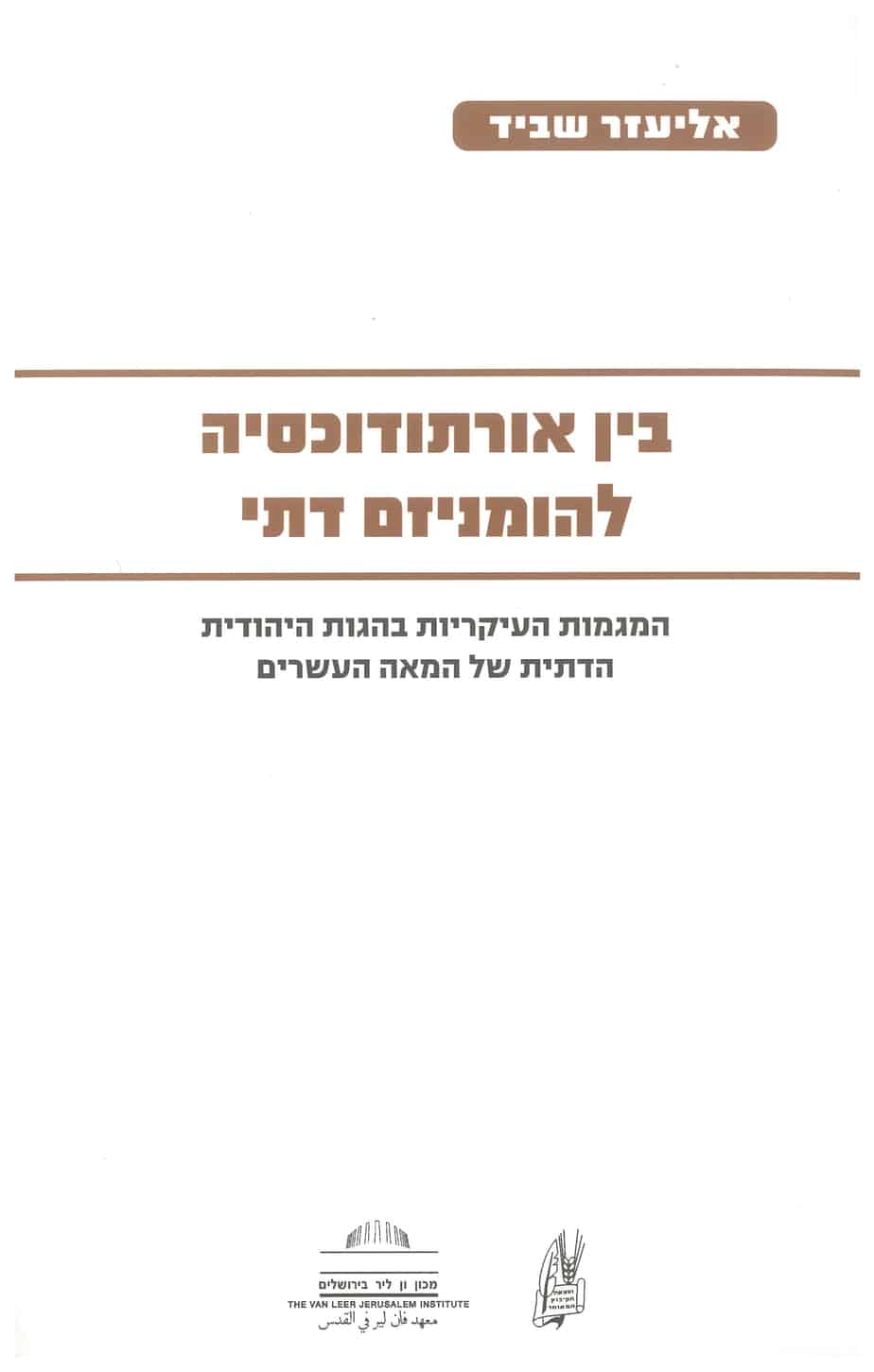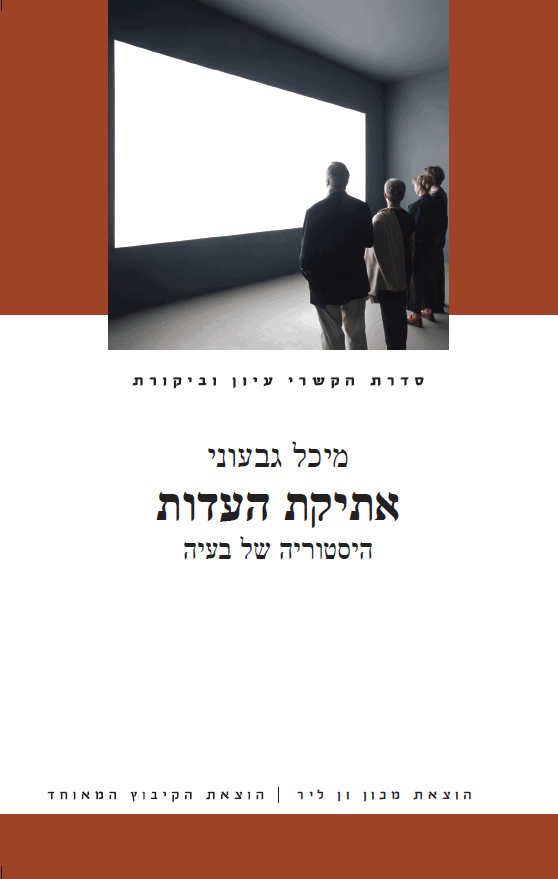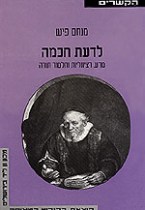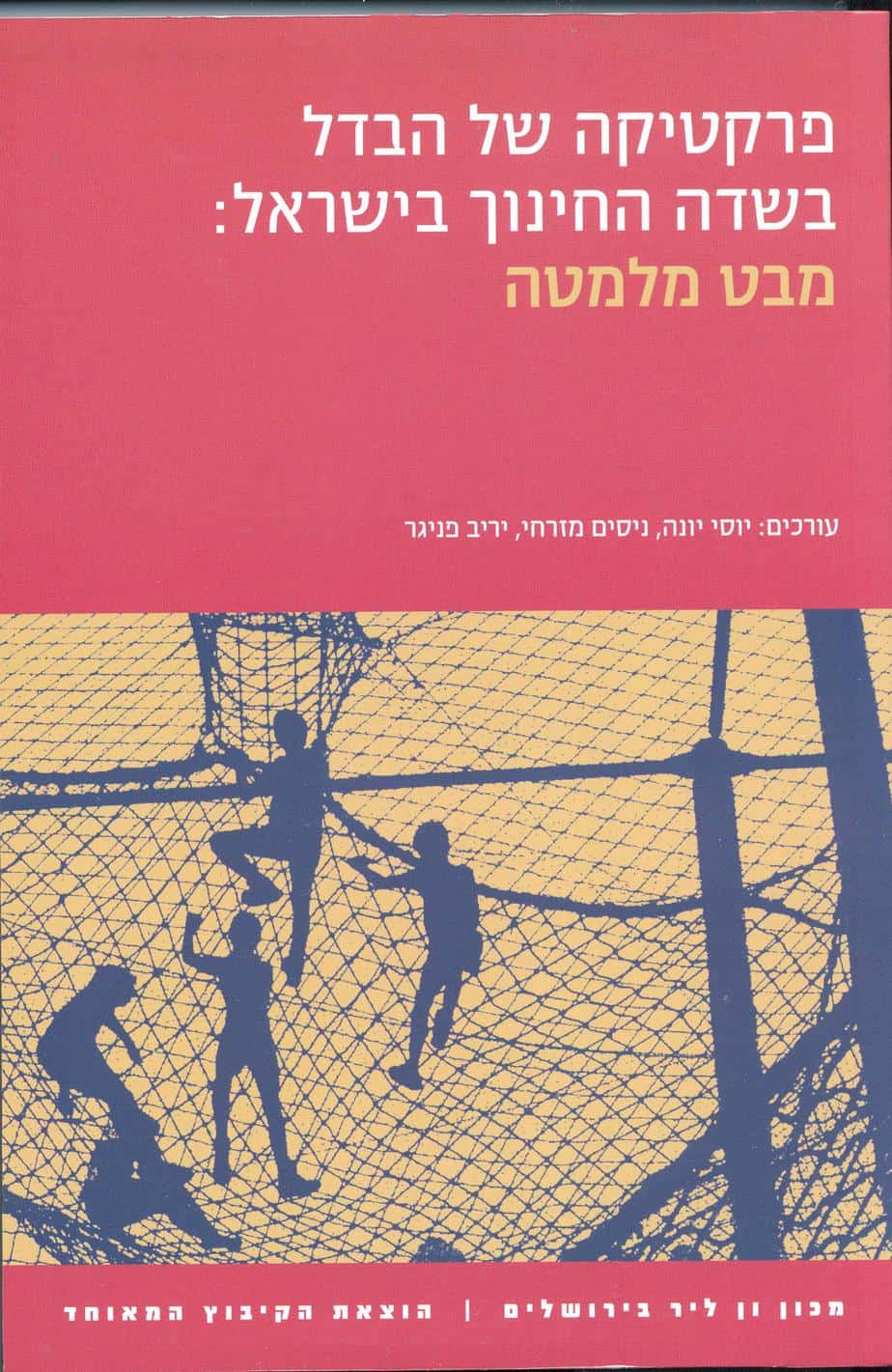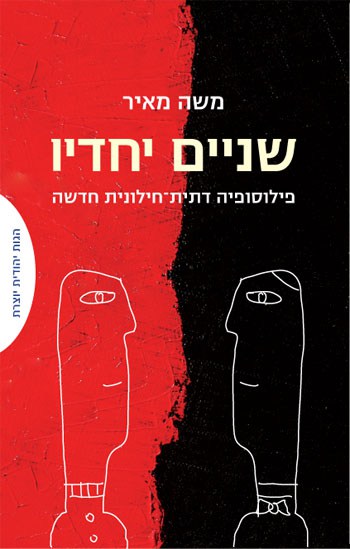Orthodoxy and Religious Humanism
Eliezer Schweid
Following the Jewish people’s encounter with the modern age and the humanistic culture that shaped it, four large (and divided) religious movements developed: haredi Orthodoxy, Reform Judaism, “Positive-Historical” (Conservative) Judaism, and Modern Orthodoxy. They split from each other over many issues: the basic definition of the fundamental principles of the religion; the relation to Halakha, which shapes the religious way of life; the relation between the religion and the people, especially with regard to the question of modern nationalism; the place of the Jewish people among the nations of the world; the relation to other cultures; and the way in which the people can survive through loyalty to its unique identity.
Orthodoxy and Religious Humanism presents a critical and comparative description of the positions of these movements with regard to all the above-mentioned issues, defines the relations between them in light of the revolutionary historical changes in the first half of the 20th century, and analyzes the dynamics of their development and change until World War II, the Holocaust, and the establishment of the state of Israel.
The afterword describes and analyzes in the same way the developments in the second half of the 20th century in Israel and the Diaspora and describes the challenges of the postmodern age and the changes it has necessitated.

